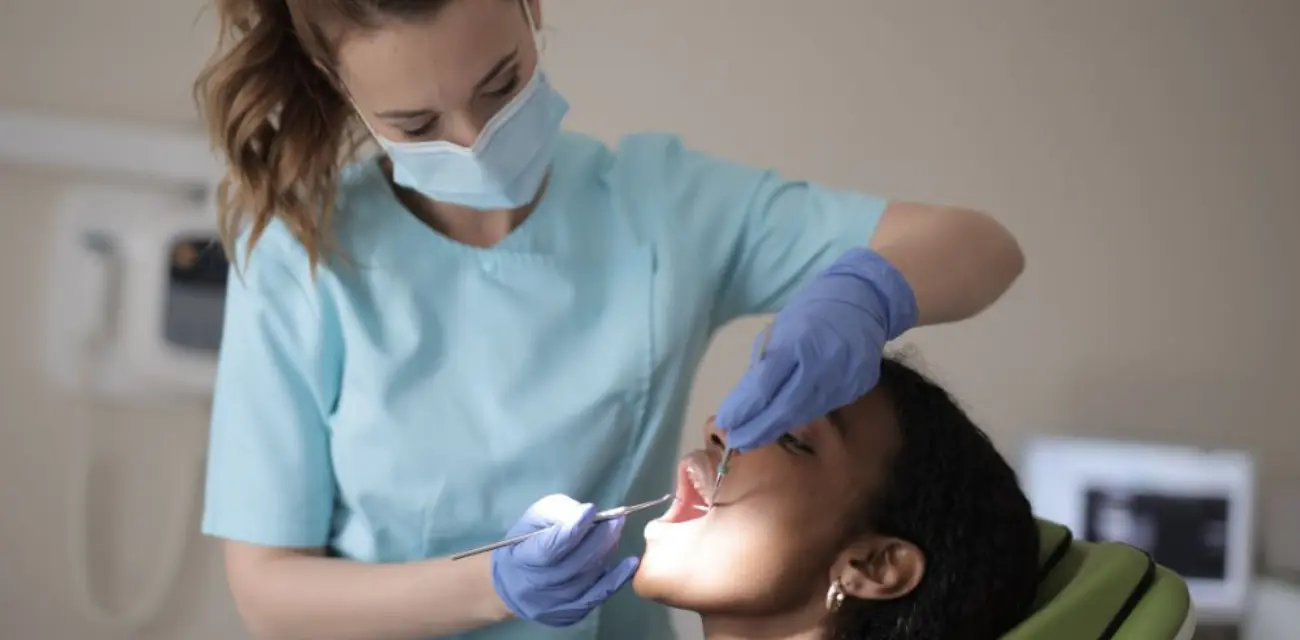In recent discussions, concerns have been raised regarding the accessibility of NHS dentistry in Wales, particularly in Swansea. Local representatives have noted the increasing difficulty residents face in finding NHS dental services. Some dental practices, which once provided a combination of private and NHS services, have transitioned entirely to private care or are limiting NHS availability to children only.
One prominent figure advocating for change is a local Member of the Senedd, who expressed, “Many people, including myself, want NHS Dentistry to be available to everyone who seeks it.” This sentiment echoes the growing worry about the dwindling number of dental practices accepting NHS patients, with some practices opting to terminate their NHS contracts altogether, further exacerbating the issue.
The shortage of dentists is a significant factor in the problem. Most dental practitioners operate within small private practices, while larger clinics are few and far between. Notably, the return of many dentists from the European Union has created a void, as fewer new dentists are arriving in Wales. The call for a new dental school has emerged, with suggestions to establish one at Swansea University, although some advocate for Bangor as a viable option. “We need another Dental Teaching Centre at a site with an existing Medical School,” the member stated, emphasizing the need for increased training to fill the gaps in dental care.
Fortunately, initiatives like “Designed to Smile” aim to improve oral hygiene among children by providing toothbrushes and fluoride toothpaste, encouraging early dental visits, and implementing school-based dental health programs. During a visit to a local primary school, the member recalled an enlightening interaction with students: “I asked if anyone had questions about fillings, and one girl asked what a filling was. That’s a perfect endorsement for this initiative.”
However, the current dental contract system is under scrutiny. A significant majority of dentists, around 75%, reported dissatisfaction with the existing arrangements, claiming the contract structure hampers effective care. The contract has undergone numerous revisions since its inception in 1948, moving away from a successful fee-per-treatment model to a flawed Unit of Dental Activity (UDA) system, which has been criticized for treating all treatments equally, regardless of complexity.
“Why would a retailer charge the same for one lightbulb as for ten?” the member questioned, highlighting the absurdity of the current system. Many patients with extensive needs face challenges in obtaining necessary treatments due to the financial implications of the UDA model.
As Wales prepares to transition to a new General Dental Service (GDS) contract, local dentists have put forth a “wish list” to improve practice conditions and patient care. Key requests include removing stringent patient metrics and ensuring adequate consultation before any changes to contract conditions. “These changes will significantly improve working conditions and reduce stress among practice staff,” the member concluded, emphasizing the collective goal of ensuring that NHS dentistry works effectively for both patients and providers.
The ongoing discussions underscore a critical juncture for dental health services in Wales, where the push for accessible, high-quality NHS dentistry remains a top priority.






